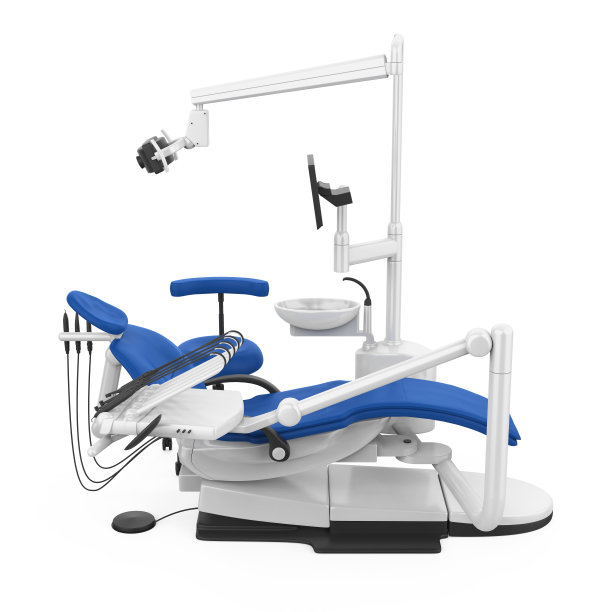Essential Steps to Take Before and After Dental Filling to Ensure Optimal Oral Health and Longevity
Summary: Dental fillings are common procedures aimed at restoring teeth affected by decay or trauma. To ensure optimal oral health and the longevity of the filling, several essential steps must be taken before and after the procedure. This article provides a comprehensive overview of these crucial actions, including preparation for the appointment, post-filling care, dietary considerations, and the importance of regular dental check-ups. By following these guidelines, patients can enhance the effectiveness of their dental fillings and promote a healthier smile for years to come.
1. Preparation Before the Dental Filling Appointment

Before undergoing a dental filling, adequate preparation is key to a smooth experience. First, ensure that you have a comprehensive discussion with your dentist about your specific dental issues. This may involve sharing any pain or sensitivity youve experienced and any medications youre currently taking. Understanding the type of filling material that will be used is essential to minimize any surprises on the day of your appointment.
Additionally, inform your dentist about any allergies or past reactions to anesthetics or dental materials. A thorough understanding of your medical history will help in tailoring the procedure to meet your needs safely. Keeping a list of questions you may have can also guide the conversation and solidify your understanding of whats involved in the filling process.
Lastly, ensure that you have made appropriate arrangements for transportation if you anticipate that anesthesia will affect your ability to drive. Having a friend or family member accompany you can help ease anxiety on the day of the procedure.
2. Immediate Post-Filling Care Guidelines
After receiving a dental filling, the first few hours are critical for ensuring optimal healing. One of the primary recommendations is to avoid eating or drinking until the anesthesia has worn off. This is crucial to prevent accidental biting of the tongue or inner cheeks when they are numbed. Skipping snacks or meals ensures that you wont harm yourself while in this vulnerable state.
In addition, it is advisable to refrain from consuming very hot or cold foods immediately after the procedure. Sensitivity is common at this stage, and extreme temperatures can cause discomfort. Instead, focus on softer foods that are easier to chew and require less pressure on the newly filled tooth.
Finally, prioritize oral hygiene but do so gently. Brush your teeth carefully, avoiding any vigorous scrubbing that could irritate the filling. If recommended, use a prescribed mouthwash to aid in healing and to keep the area around the filling clean. Adhering to these post-filling care guidelines can significantly enhance your healing process.
3. Dietary Changes to Promote Healing
Your diet plays a significant role in the recovery process after getting a dental filling. Initially, stick to a diet that consists of soft foods like yogurt, mashed potatoes, or smoothies. These foods are less likely to disturb the filling and make the recovery process smoother. Gradually introduce more solid foods into your diet as the sensitivity subsides.
Avoiding sticky, chewy, or hard foods is crucial during the first few days after the procedure. Foods like gum, taffy, and hard candies can dislodge or damage the filling. Additionally, being mindful of acidic food items, such as citrus fruits and vinegar, can help prevent irritation around the filling area.
Lastly, staying hydrated is vital for overall health and oral well-being. Drink plenty of water throughout the day, as this will not only aid in the healing process but also help wash away food particles from your mouth, reducing the risk of infection around the filling.
4. Importance of Regular Dental Check-Ups
Maintaining a proactive approach to dental hygiene includes scheduling regular dental check-ups. These routine appointments are essential for monitoring the condition of your fillings and overall oral health. Dentists are trained to identify potential issues before they become more serious problems, making these visits invaluable for prevention.
During check-ups, your dentist will examine your fillings for wear and tear, ensuring that they remain intact and that no decay has developed beneath or around them. This is especially important for composite and amalgam fillings, which can degrade over time due to various factors such as grinding or clenching.
Furthermore, these appointments typically include cleanings which aid in maintaining good oral hygiene. Professional cleaning removes plaque and tartar that brushing may miss, significantly lowering the risk of new cavities forming and prolonging the longevity of your existing fillings. Consistent visits to your dentist are key to ensuring a lifetime of optimal oral health.
Summary:
In summary, being well-prepared and understanding the necessary post-treatment care is crucial for the success of dental fillings. Following predefined dietary guidelines and keeping up with regular dental check-ups further ensures the longevity of your fillings and overall dental health. Taking these essential steps leads to a healthier, more confident smile.
This article is compiled by Vickong Dental and the content is for reference only.



